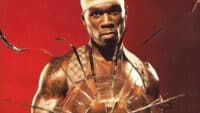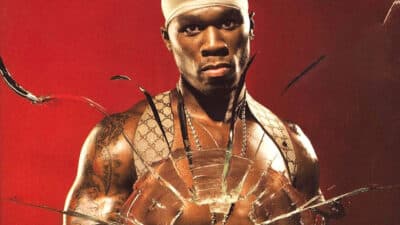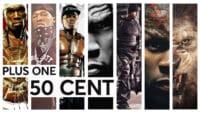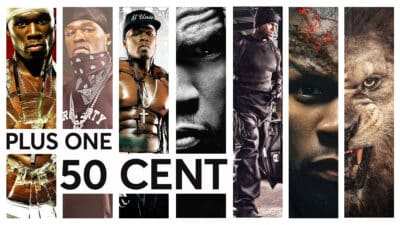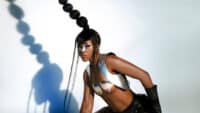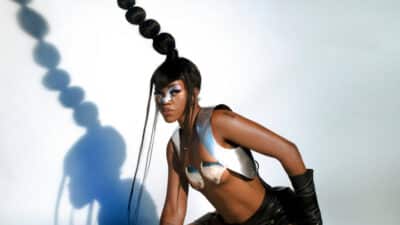Feature
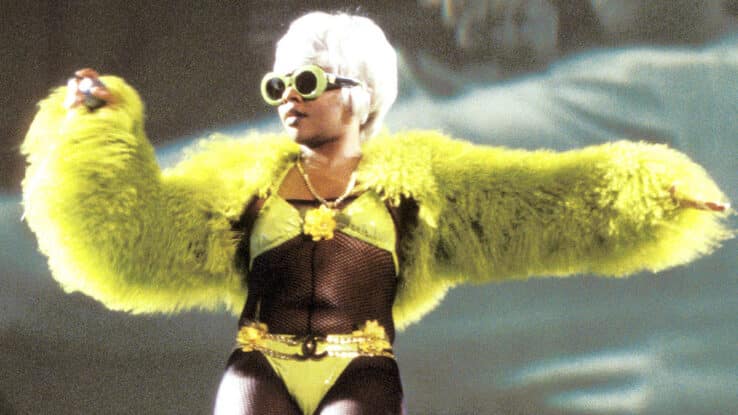
Feature
The albums that defined hip hop
From the quirky rhymes of De La Soul to the bravado sex-positive persona of Lil' Kim, here are the formative albums of the last five decades
A voice to the voiceless, a beacon of hope, a vehicle, an instrument and a commodity, hip hop continues to be a chameleon in its 50th year. Meeting fashion as it grew through figures such as André Leon Talley, Lil’ Kim, Dapper Dan, Salt-N-Pepa and Missy Elliott, hip hop is ubiquitous in popular culture – now boasting 12.4% of the 2022 UK album market share, and 28% in overall US audio and video streaming.
With music always at the heart of the movement, the sound of hip hop has never stopped changing stylistically over the last 50 years. From boom-bap rap to crunk, to related variants including UK drill and grime, the sound is characterised by its evolution.
As hip hop reaches its fourth quarter – continuing to honour its architects and contemporaries whilst challenging, questioning, and imagining the future of the sound as it does so – we look back at the albums that changed everything.
1980s: De La Soul – 3 Feet High And Rising
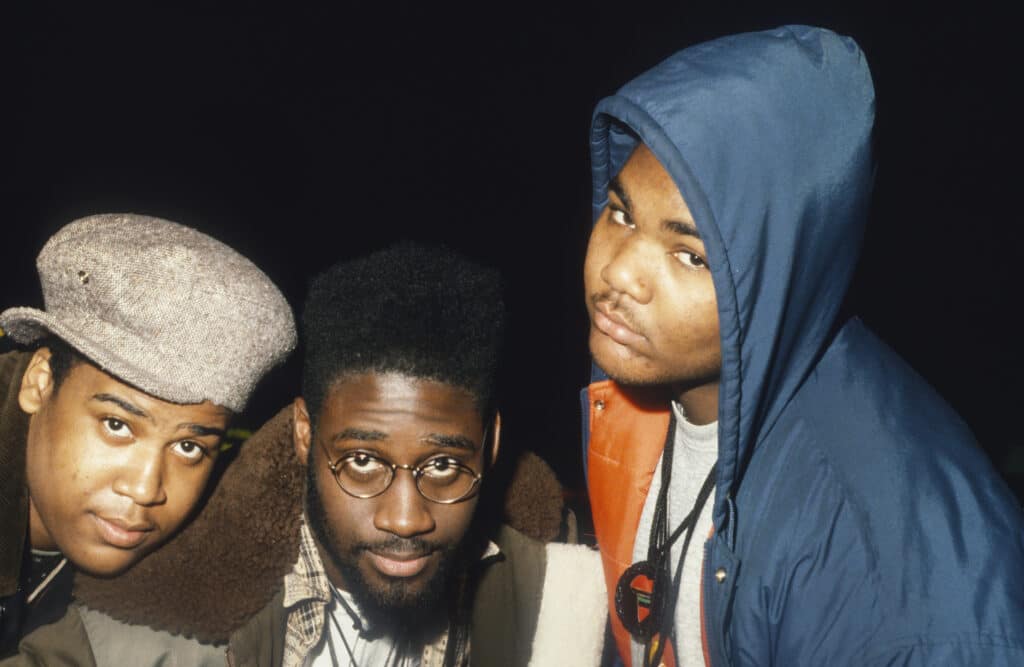
De La Soul’s 1989 debut pierced through the noise by offering its quirky and inquisitive approach to the genre with light merges of jazz, rock and classical music, all wedged between the inspirational messages of Trugoy the Dove, Maseo and Posdnuos. Beyond mainstream breakouts such as ‘The Magic Number’, ‘Eye Know’ and ‘Me Myself And I’ lie elaborate productions that steep themselves in the flair of the trio. ‘Ghetto Thang’, for example, has an unorthodox arrangement of synthesisers that help lead the song’s progression.
Elsewhere, the trio’s debut utilises tone and intonation to make the project feel cinematic, comical, and brimming with confidence and charm. On ‘Tread Water’, Dove’s opening verse exemplifies this in succinct fashion – providing audiences with a highly animated, but urgent delivery.
1990s: Lil’ Kim – Hardcore
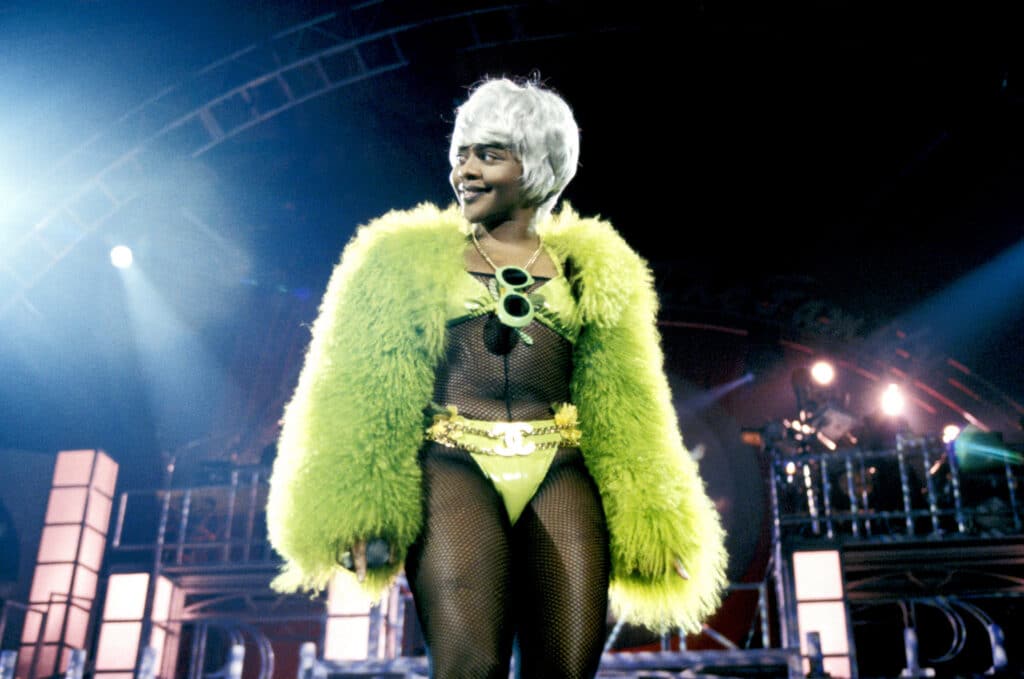
Junior M.A.F.I.A.’s woman-in-waiting, Lil’ Kim, arrived on hip hop’s block provocative, hungry, and more than ready to stand side-by-side with both male and female rappers. Armed with then-established rookies Diddy and Biggie, Kim held her own with her audacious and brash cadence leading her every way. Juxtaposing her Brooklyn-raised real life with story-telling that felt real, Kim offered something aspirational for a 90s class of hip hop listeners. As one of the loudest and most urgent voices of her time, Lil’ Kim helped provide large rooms for women to express themselves outside of submissive and erased roles, paving the way for artists such as Trina, Nicki Minaj, Khia and more.
The cockiness that comes with a line like “F*ck the jailhouse, Hennessy on the rocks is all we got as we sail out, entrepreneurs” found everyone on Lil’ Kim’s side, even amongst her critics. With quintessential classics such as ‘Crush On You’ and ‘Queen B*tch’, Lil’ Kim knew that she was only steps away from ascending to hip hop’s dynasty.
2000s: 50 Cent – Get Rich Or Die Tryin’
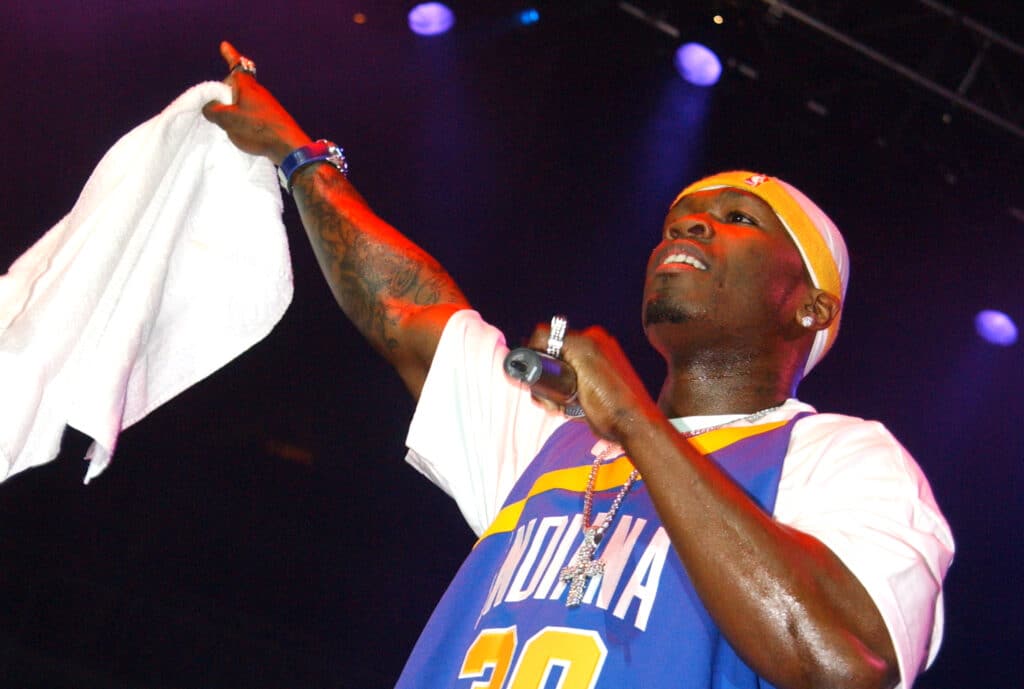
One of the boldest examples of rap’s commercial heights was the arrival of 50 Cent’s Get Rich Or Die Tryin’, crafted in the wake of nine gunshot wounds – demonstrating acts of perseverance and triumph in the face of adversity. 50 Cent quickly amassed success with ‘In Da Club’, ‘21 Questions’, and ‘P.I.M.P.’ with the album selling close to 1 million units on release week nationally.
Curtis Jackson proved that there was appetite and even fetishisation in the gangster aesthetic and played into it, pairing his real-life struggles with the then-current luxury era of hip-hop, led by artists such as Pharrell and Diddy. Part of the appeal here lay in 50 Cent’s delivery, his laid-back approach making the lifestyle more appealing and compelling to audiences of all ages.
50’s embrace turned obstacles into triumphs, and his contribution to the genre went on to become the blueprint for newer artists, including Pop Smoke and Dave East.
2010s: 2 Chainz – Pretty Girls Like Trap Music
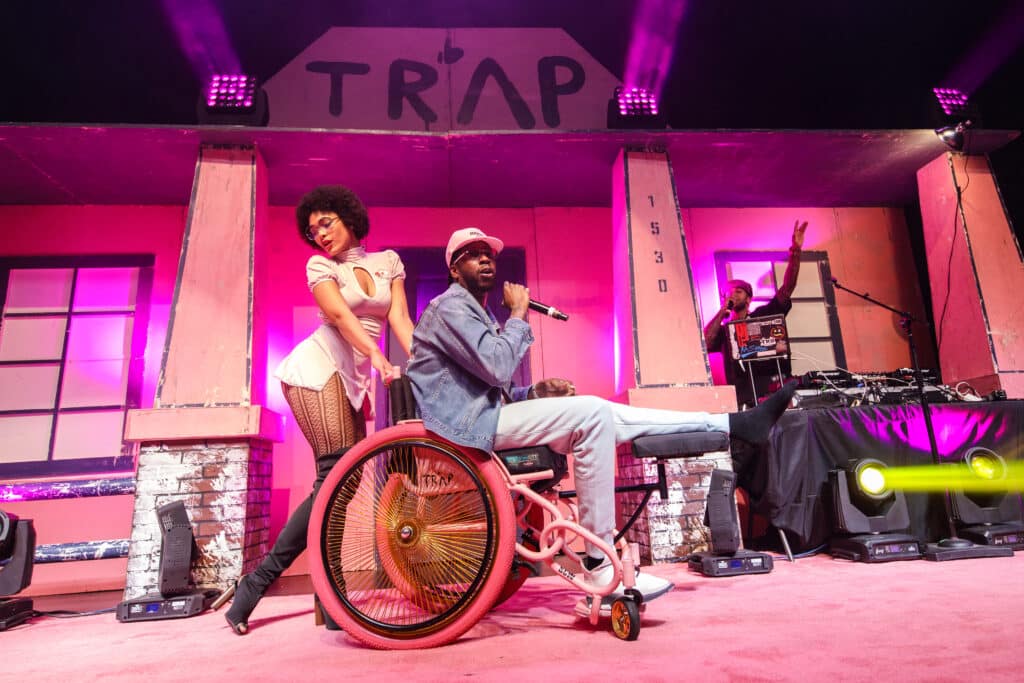
2 Chainz formed a product of his environment with 2017’s Pretty Girls Like Trap Music. Boasting collaborations from southern juggernauts such as Migos and Gucci Mane, the innovative album is the perfect canvas for hip hop writ large across the 2010s. From the braggadocious, enigmatic arrival of Rae Sremmurd to Lil Wayne protégés Nicki Minaj and Drake, 2 Chainz’s first quality is in being a curator and archivist.
Sonically, his charisma helped provide audiences with a brand of trap that honoured its roots in figures like T.I., and with a slower trap, paired with an evolution in sound, thicker in synths and wider in electronica. 2 Chainz melded both worlds in an organic way with Pretty Girls Like Trap Music – finding underground and overground success in ‘Big Amount’, ‘Good Drank’ and ‘It’s A Vibe’.
2020s… So Far: Tyler, The Creator – Call Me If You Get Lost
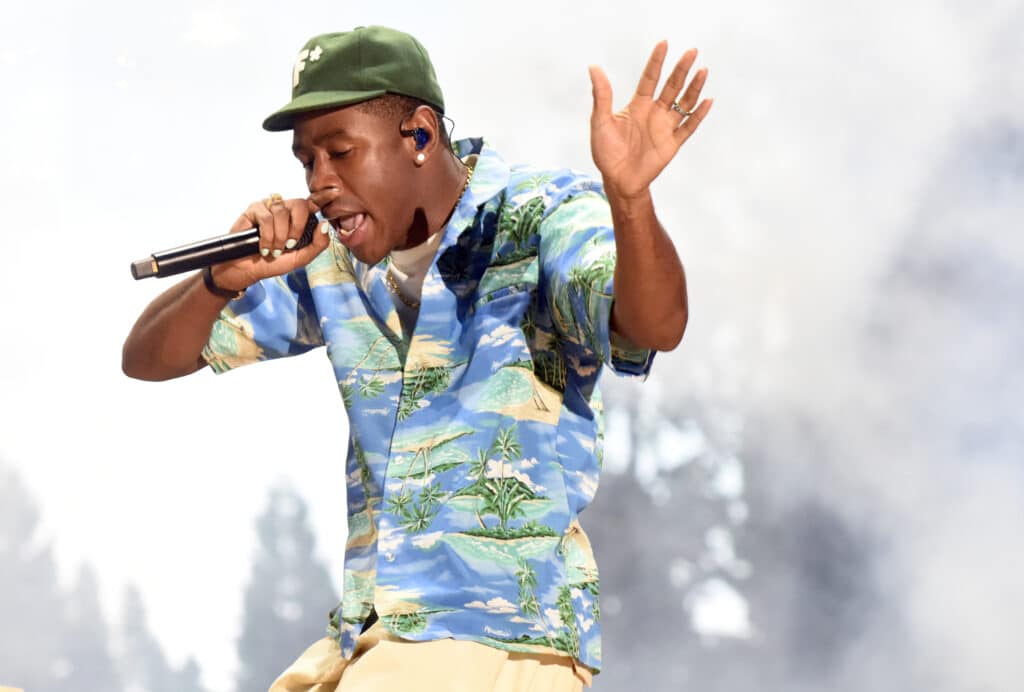
What some may call Tyler’s rap arrival, Call Me If You Get Lost is an anthemic spectacle that honours the same craftsmanship that’s centred on hip hop since its conception. Tyler is poised here; a product of his decade-plus existence as an evolving artist within the genre and beyond. From more drawled out, skit-filled performances on ‘LUMBERJACK’ to swooshing displays of new-age posse-cuts in ‘JUGGERNAUT’, Tyler, The Creator gave hip hop audiences range, adhering to his praxis of shocking the world with every release.
Call Me If You Get Lost is christened by the co-sign it received from Tyler, The Creator’s mentor, Pharrell Williams, but beyond that it proved that he could go way beyond the realms he’d already pushed himself to. Tyler disturbs the expected archetype of whatever a rapper “should” look like and he continues to contort its moulding, all the while appeasing the old heads in tracks such as ‘CORSO’ and ‘MASSA’.




